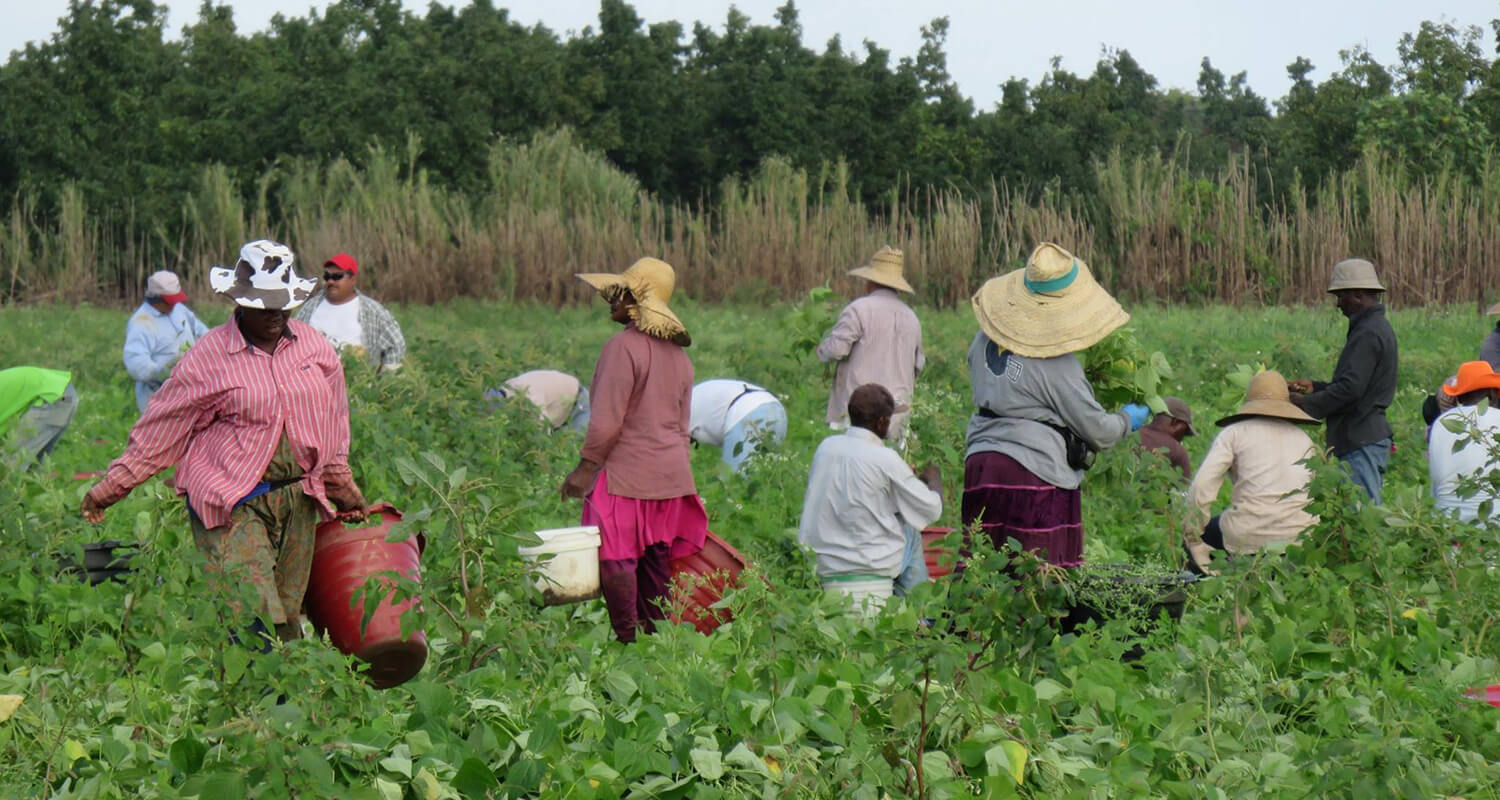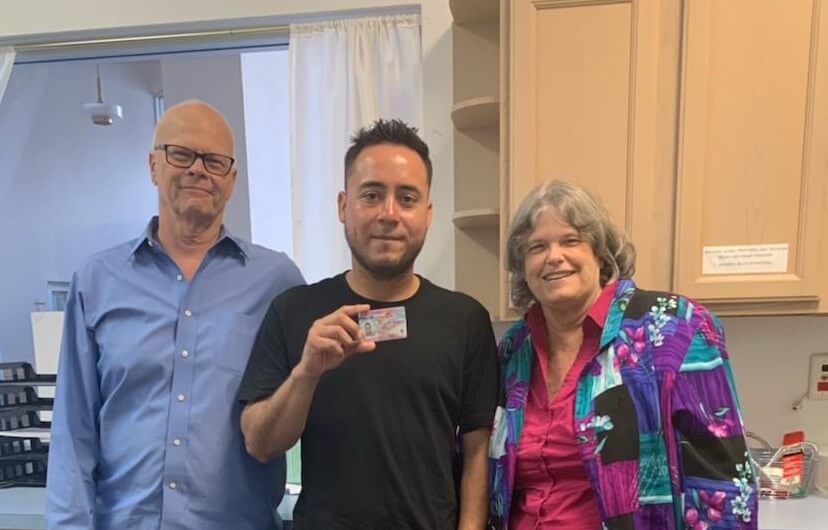
By Barbara Dunlap-Berg
October 29, 2019 | ATLANTA
As a 7-year-old, Janet Lynne Horman heard a missionary speak at her home church in Plantation, Florida. The missionary described the poverty in the country in which he served and explained that the pastor’s son there had died of starvation. The story made a huge impression on young Horman. “I was alarmed and knew that I – and the church – must do something,” she said.
That “something” for her was to become a Church and Community Worker missionary with Global Ministries.
Church and Community Workers, Horman noted, “attempt to embody the presence of the church in the community. Many of us are placed among populations that are the most vulnerable and among people who face many challenges in meeting the demands of daily living. Such challenges can be economic, medical, educational, cultural, political or related to one’s immigration status.”
Since 2014, Horman has directed Florida Justice For Our Neighbors, part of a national network providing free legal services, often through congregation-based clinics, to migrants in the United States.
Horman considers JFON’s ministry critical in today’s religious and political climate. “For many,” she said, “there is a pathway to legal status, but even modest attorney fees are simply not affordable to these low-income families and individuals.
“Jesus consistently included and often praised those who were not considered acceptable in many religious circles and communities of his day,” she continued. “We know, for example, his intervention to save the woman set to be stoned for adultery, his lifting up as righteous in the story of the good Samaritan and praising the Samaritan leper who was the only one who returned to say ‘thanks’ after the healing.
“Likewise, members of immigrant communities are often chastised and face family separation if they do not possess documented status; yet, they provide us with labor that allows us to have winter strawberries, tomatoes and green beans, chicken and beef, and our Easter lilies and Christmas poinsettias.”

Horman’s response to God’s call and her journey toward becoming a Church and Community Worker took her, first, to seminary, then to law school.
“I started at Garrett-Evangelical in the fall of 1981,” she recalled, “and, with the seminary’s blessing, took time off after my first year to take part in a 6,500-mile walk for peace to Bethlehem.” She received a Master of Divinity degree from the Evanston, Illinois, theological school in 1986.
As an elder in the Florida Annual Conference, Horman served churches in her home state before enrolling in the Georgia State University School of Law, Atlanta. She received a Doctor of Jurisprudence degree in 1996.
She joined several United Methodist colleagues in founding Just Neighbors, an immigration ministry in Arlington, Virginia. In 1999, Just Neighbors partnered with the United Methodist Committee on Relief to set up JFON. Today, as a separately incorporated entity, the National JFON continues to receive substantial UMCOR support. Currently, NJFON coordinates with 17 JFON sites across the country.
After returning to the local church pastorate for several years, Horman said, “I went back to doing immigration law in 2012, after the Haitian earthquake.”
She believes both her theology and law degrees prepared her for her current role. “The two together,” Horman said, “help me to make visible the vision that being a follower of Christ – and a layperson, missionary or pastor – brings us into the pains and injustices and needs of our community, not secluded behind church walls. The law degree becomes a tool for helping the church to be an agent of justice.”
Two biblical passages guide Horman’s work. “Deuteronomy 10:19 reminds the Israelites to love the foreigner as they were once foreigners in the land of Egypt,” she said. “And Jesus, in John 13:34, tells us to love others as he has loved us.”
Barbara Dunlap-Berg is a freelance writer and editor for Global Ministries.

